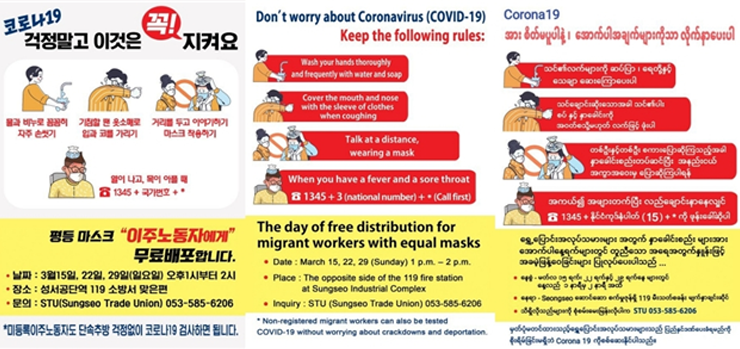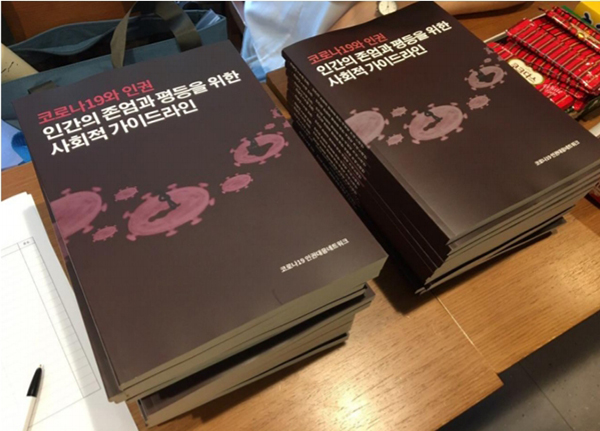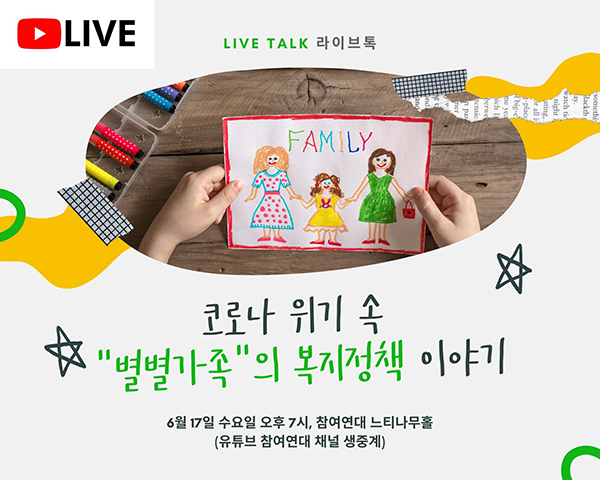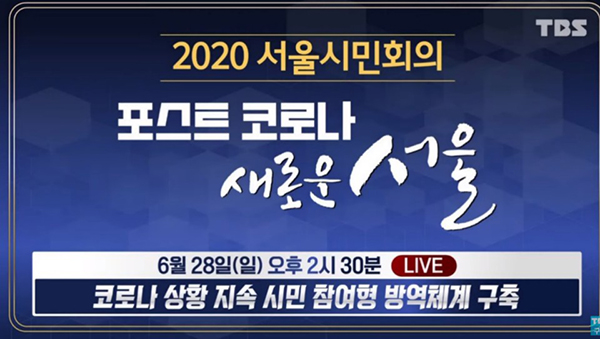Case 1. DongHang
○ Project Name: Conference on Preparing Measures to Support Public Interest Activists During the COVID-19 Crisis○ Research Scope: 374 NPO activists
○ Research Area: Nationwide
○ Research Topics
1. Understanding the Situation of NPO Activists Amid the COVID-19
Crisis
2. Identifying the Support System that NPO Activists Need
Case 2. NPOpia
○ Project Name: Conference on Preparing Measures to Support Public Interest Activists During the COVID-19 Crisis○ Research Scope: NPO Leaders
○ Research Area: 117 organizations nationwide
○ Research Topics
1. The Impact of COVID-19 on NPOs and Current Situation
2. The Changes to and Response Expected in a Post-Coronavirus
Society
3. Implications
NPOs have been constricted by the COVID-19 crisis.
CEOs were at the center of action in response to the crisis.
New systems were implemented in response to the crisis.
There was little financial support from the central/local governments during the crisis.
NPOs are aware that they need to be proactive in preparing for a post-crisis situation.
The roles of NPOs are expected to broaden in the future, but it seems uncertain whether citizens will be favorable to NPOs.

Information posters on COVID-19 for migrant workers made by Daegu Sungseo Industrial Complex Labor Union

Briefing session by the Network on social guidelines to ensure human dignity and equality.

A Talk about the Welfare Policy for “All Kinds of Families” Amidst the Crisis
Co-hosted by People’s Solidarity for Participatory Democracy, *Slug Union, Korean People's Solidarity Against Poverty,Korean Women's Associations United, and Solidarity for LGBT Human Rights of Korea


| COVID-19 Special Fundraising Information related to the Summit | |
|---|---|
| CAC (English online platform sharing Seoul’s disinfection and quarantine policies and experiences) | http://english.seoul.go.kr/covid |
| Seoul’s official YouTube channel (in English) | https://www.youtube.com/seoulcityofficial |




